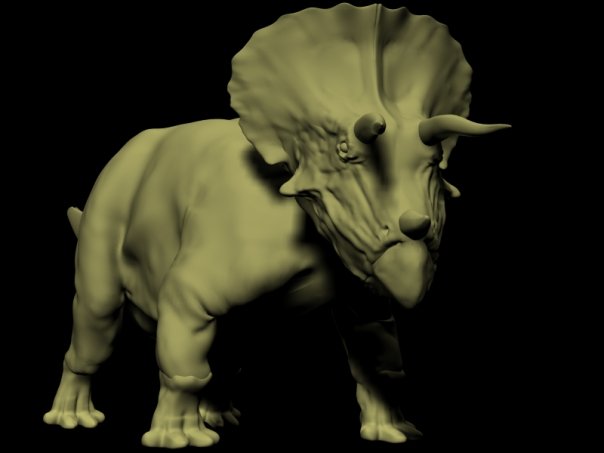It depends on the individual! In the video below, Salman Khan is demonstrating what those of us in psychology, education, and intelligence research already knew: Everyone learns at a different pace, in different ways. And I'm not reducing this to 'visual learner' versus 'kinesthetic learner', etc. I mean linear versus non-linear, and all stages in-between.
A personal story...
When I was in art school, I took 3D modeling for the first time. That software was wicked intense and complicated, and like nothing I had ever used before. The first day of class, my professor did a lightning-fast live demo, which we were supposed to be following along with on our own computers. I couldn't do this. For me, it was mindless imitation, and after 15 minutes, I was lost and frustrated and discouraged.
The class took a short break, and when we returned, I changed my strategy. I watched her intensely, and took notes instead, writing as fast as I could... short-cut keys, navigational tips, sequences for different modifications, etc. I have to admit, I was a bit concerned I was falling behind, as I saw my classmates zipping through the interface.
That evening, I asked a friend of mine who was a year ahead of me in the Biomed program (and fluent in 3ds Max) to sit down with me and show me how to build a model in 3D. He did, bless his heart, for 6 hours straight ... as I watched, then periodically stopped him--asked why he did a specific action, asked how to do another action, asked what would happen if A, B, and C... for the entire 6 hours. I wanted to know more than how to build a model in 3D; I wanted to learn how the software worked, and what it was capable of. Only then, could I really innovate with it.
After that one 'tutoring session', I went on to master the software in less than 3 days, and by the middle of the semester, the quality of my 3D models surpassed my professor's. By the end of the semester, I owned that software--I no longer just followed the 'rules of use', but I had discovered new ways to hack the software for my own specific uses, in order to get the results I wanted.

This is one of the 3D models I created in that introductory course, after less than a semester of instruction. Triceratops!!
For me, I need to figure out a new topic, medium, problem, or whatever, inside and out. I need to fail at it for a short time, and in that way, I really understand it. If I take the time to fully and thoroughly investigate and figure out a tool or problem, there are no limits to what I am able to do with it. I describe my learning style as a 'very sharp learning curve'--I screw something up and fail with it for a bit in the initial stage, at a time when others seem to be achieving ahead of me, but then once everything falls into place and I understand the inner workings, I take off with it exponentially. After a brief period, I own it. There has never been a tool, artistic medium, or subject I have failed to master when I approach it this way. For myself (and many other learners I've met like me), the initial learning stage is the most crucial for real comprehension and mastery. I need to take a little more time in the beginning to figure out everything about how that object works, but I quickly catch up and surge ahead in the end.
I really believe the future of education will be more and more focused on individuality, tailoring instruction and methods to best suit the learner. Also, learning will be more self-driven. What are the chances every student happens to learn best sitting in a desk, being lectured at, at a fixed pace? We have the technology and the tools and the capability to do better. And I believe we will. We are already headed there; society as a whole just needs to accept it and stop standing in the way of progress. Khan sets a good first example--but this is only the beginning...





Comments